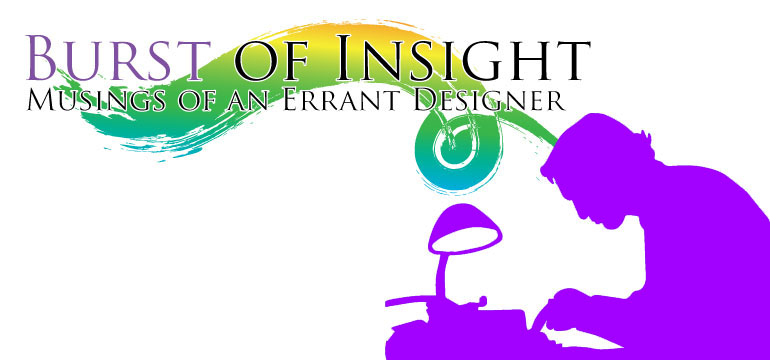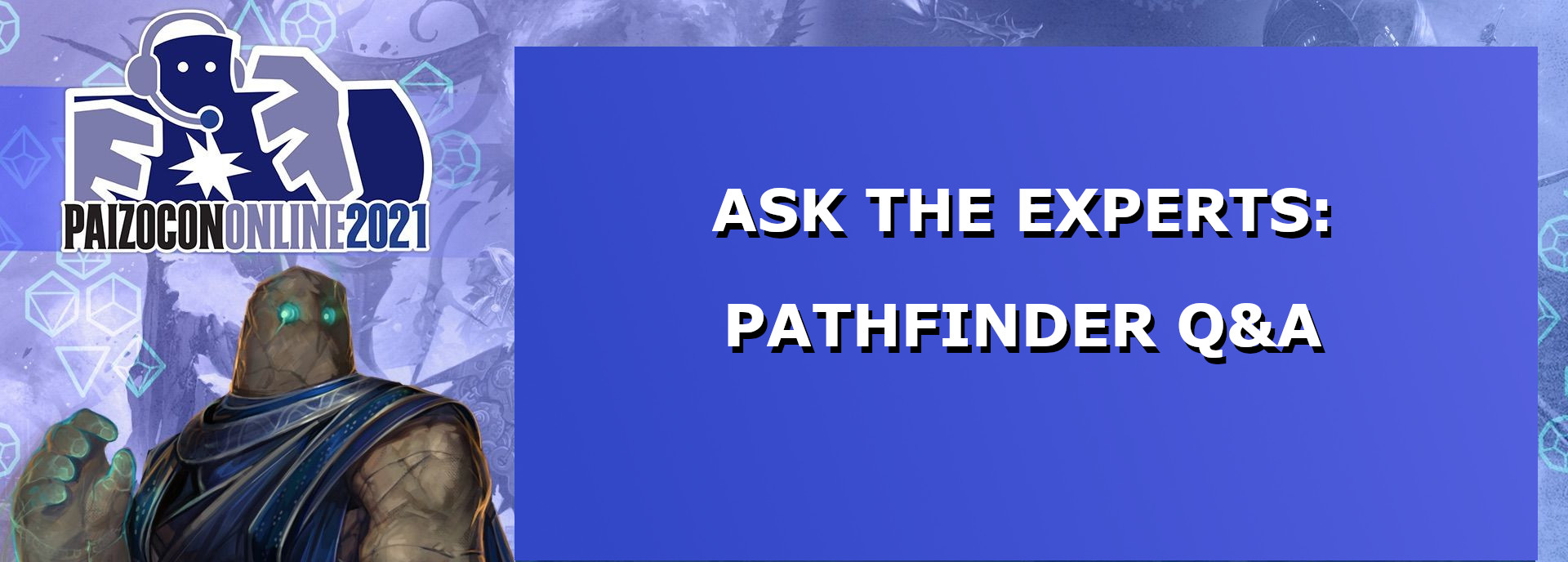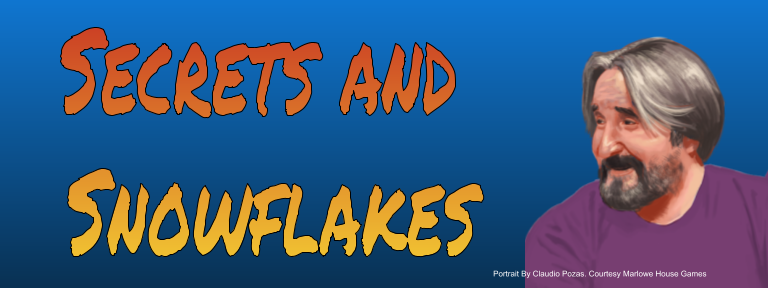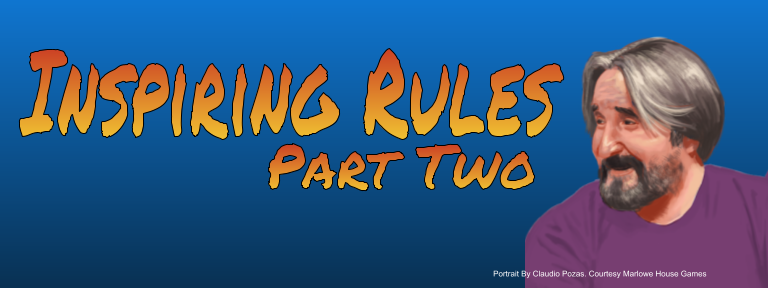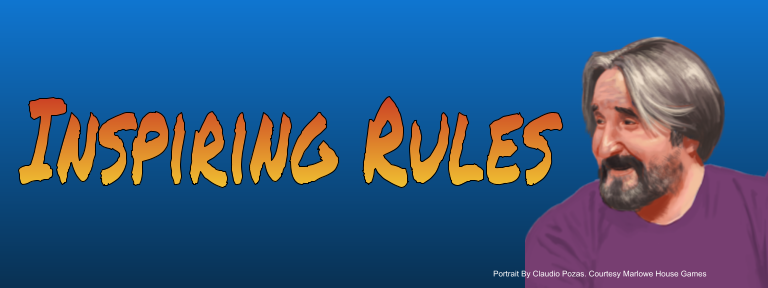For the last couple of blogs I’ve been talking about cool rules from D&D and Pathfinder that have inspired me. sometimes changing the way I run or design. Mostly these have been small rules changes but today I thought I’d talk about larger rules changes that Inspire me even if I haven’t had the opportunity to use them yet. My opinions may also get a little herretical this week as well.
Owen K.C. Stephens’ Spell Points, House Rules Handbook Spell Points, Rogue Genius Games: I know this statement will get me in hot water with some folks, but, I dislike Vancian magic. Despite the fact that I love spell-casters I’m just not that invested in the traditional D&D / Pathfinder prepared caster magic systems. I play with Vancian magic because that’s how the rules work but I’m actually a much bigger fan of spontaneous casting than I am prepared casting. So when I found the Owen’s Spell Points rules I was instantly sold. I could play the wizard or magus I’ve been longing to play. Unfortunately, my GMs haven’t allowed it in a campaign yet.
I love the idea behind spell points. You can cast any spell you know at a cost from your spell points pool, and casting a previously cast spell becomes more expensive. This keeps PCs from hoarding Spell Points to spam thier best spells. The balance on the mechanics is pretty tight and certainly gives players access to a wizard more like we see in 90+ percent of genre fiction.
20 Levels of Spells, Book of Expiremental Might: Yeah this would be a big change to implement but the idea is pretty cool. Every time a character levels they get access to a new level of spells it breaks a lot of traditions but makes more intuitive sense. I’m a third level character so I have access to third level spells. I do love this rule…but I’m not likely to ever use it unless I play just use the spell list in the Book of Expiremental Might.
Heightened Spell Effects: Pathfinder Second Edition: My current Second Edition Pathfinder PC is a Dwarven Cleric of Torag. And I’m really loving the spell options. Boosting the power of a spell by casting it with a higher level spell slot just makes good design and narrative sense. It’s fun and I think it better reflects magic as we are familiar with it in a great deal of fiction. Which is a huge plus for me.
On a related note, the Pathfider 2 spells that can be cast with a variable number of actions and components are also a lot of fun. I frequently find myself casting heal at different levels and with a different number of actions every time I cast it. I love the added flexibility. Spells and the 3 action economy are some of the best rules developments made to the old D&D chassis.
Room DCs, Index Card RPG: Okay ICRPG isn’t exactly D&D or Pathfinder but it definitely evolved from the same roots and the ROOM DC trick began as a D&D 5e House Rule on the game designer’s Youtube Channel. So I’ll allow it. Not a rule I use but it is one that has had me rethinking certain possibilities in encounter design. A simple static DC for every challenge spin a chamber is an interesting idea that would certainly speed play. So I can see the appeal and at low levels it even feels quite workable in the 5e math. Ultimately, though I want certain things to have logical and consistant dificulties. I feel as though it would be easy to accidentally create a similar challenge to one the PCs faced before but with very different DCs because the PCs leveled and the rooms need to be harder…
And finally.
The Elephant in the Room:Feat Taxes in Pathfinder, Mathew and Michael Iantorno: A house rule option that first appeared in a blog post that offers alternatives to the feat taxes in Pathfinder. The authors eliminate many feats making them simply options for characters to use in combat. A decision I come to like more and more. I think the concept will be very important to me if I go back to run Pathfinder first edition in the future. I will likely make different choices than the original authors did because my focus will be a little different.
While feat taxes are a concern, afterall there are many excellent feats that rarely see use because of the requirements to access some of the feats essential to many builds. So my first design goal would be to open the options and choices of players at character creation and leveling. Second I want to also open choice in play. Many feats ALLOW a player to do something that in theory they might have been able to do before there was a feat. Take Spring Attack. PF2’s action economy proves spring attack at first level isn’t broken and yet it has a pretty heavy cost in feats and in itself could be something PCs could just do. All too often it feels like Feats as they are currently written can stifle PC action options at the table. Feats like Power Attack that change how an attack works would likely stay in my system but might not be a prerequisite for as many feats up the chain. While a feat like Spring Attack would become something everyone can do from the get go.

